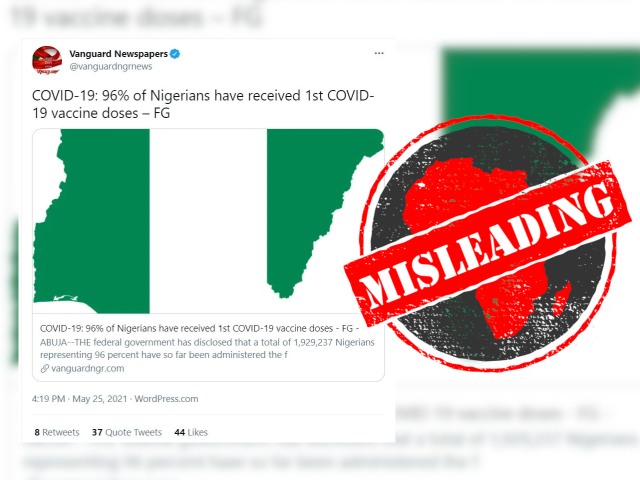It includes two photos. One shows what appears to be a child in a small cage, lying on their side wrapped in a silver thermal blanket that shows only dark hair in a long ponytail and the soles of shoes on the other side.
The second photo is of a row of eight similarly occupied cages on the concrete floor of what seems to be a warehouse.
“Children are disappearing by the thousands I'm sure into child trafficking, sex Trafficking, Organ Harvesting, Cheap Labor, used for experimental drugs/ treatments... And many others being Sexually Abused by Staff,” the message continues.
“We need to find out where all these children are being kept all over the US. Many of the facilities are privately owned and very hard to track down.”
The message was posted in June 2020, but has been viewed more than 2.2 million times in the past three months – and over 14,000 times in the last 24 hours alone.
Do the photos show children abducted for trafficking, kept “all over the US” and held in “privately owned” facilities that are “very hard to track down”?

‘Plight of immigrant children’
The photos aren’t of children – or of illegal child trafficking.
They actually show pieces in a protest art installation of 24 sculptures first displayed in the US city of New York in June 2020.
“A bold guerrilla art installation appeared on the streets of Manhattan, calling attention to the plight of immigrant children currently being forced to live in cages in detention centres on the southern border of the United States,” the global art market newswire Artnet News reported at the time.
“Each of the 24 sculptures depicted a small child, draped in a foil blanket and huddled on the floor of a tiny cage, with disturbing and real audio of crying children who have been separated from their families, recorded by news outlets.”
#NoKidsInCages
The installation was produced by Raices – the Refugee and Immigrant Center for Education and Legal Services based in the US state of Texas – for its #NoKidInCages campaign, in partnership with the ad agency Badger & Winters and anonymous street artists.
The figures in the cages are mannequins, not children. Each cage bears a sign, cropped off in the first photo, that reads “#NOKIDSINCAGES”. The signs on the eight cages in the second photo are visible.
The uncropped version of the first photo can be seen in a tweet by Raices.
Today in NYC @Raicestexas protests the separation of children from their families. These cages represent the real living conditions of children caged at our border. Sharing is an act of protest. Follow @NoKidsInCagesUS for updates. #KeepFamiliesTogether #PassHR541 #NoKidsInCages pic.twitter.com/BpRznJGevk
— RAICES (@RAICESTEXAS) June 12, 2019
A Vimeo video shows how the protest piece was created and installed on the streets of News York on 12 June 2019.
The installation reappeared in Des Moines, Idaho, on 3 February 2020, the day the state voted in the 2020 Democratic presidential primary. The second photo in the Facebook post can be seen in several news reports on the protest, credited to the Des Moines police department.
Dozens of ‘children’ in cages have been staged around Iowa caucus sites as a reminder of the chilling reality at the border https://t.co/juSDGUsfrp pic.twitter.com/A0BzVrVdPm
— NowThis (@nowthisnews) February 3, 2020
The separation of migrant children from their families at the southern US border with Mexico has been widely reported – and condemned. In some cases, children as young as five have been left without caregivers. – Africa Check
Republish our content for free
For publishers: what to do if your post is rated false
A fact-checker has rated your Facebook or Instagram post as “false”, “altered”, “partly false” or “missing context”. This could have serious consequences. What do you do?
Click on our guide for the steps you should follow.
Publishers guideAfrica Check teams up with Facebook
Africa Check is a partner in Meta's third-party fact-checking programme to help stop the spread of false information on social media.
The content we rate as “false” will be downgraded on Facebook and Instagram. This means fewer people will see it.
You can also help identify false information on Facebook. This guide explains how.




Add new comment